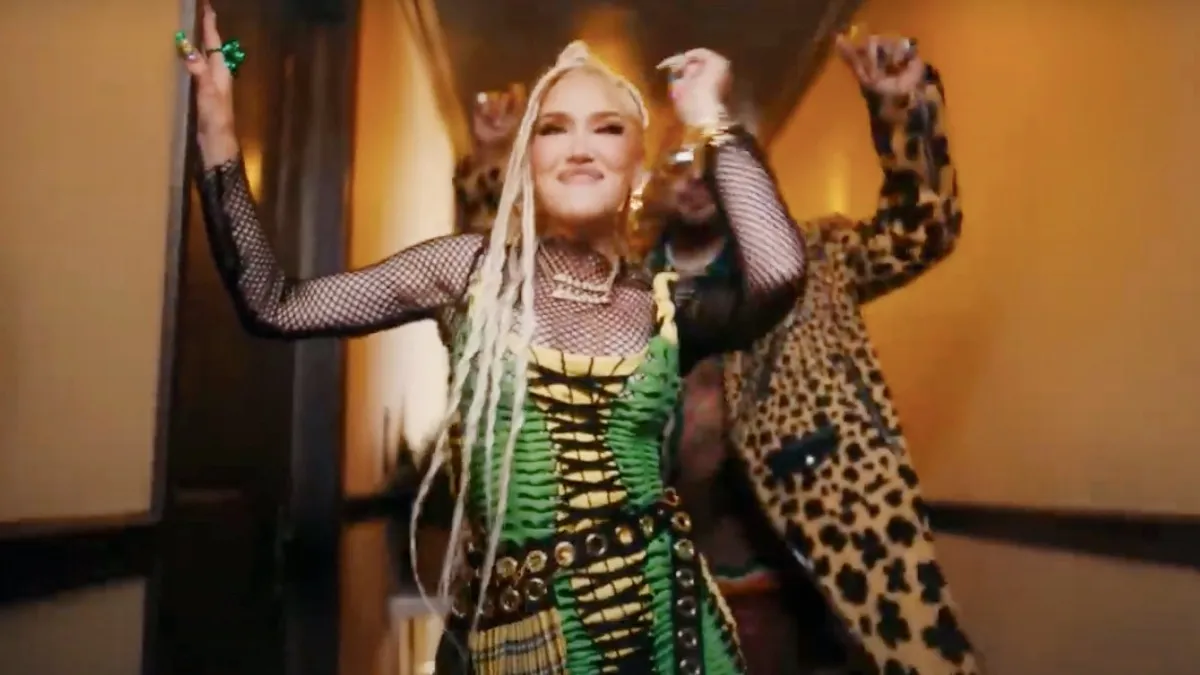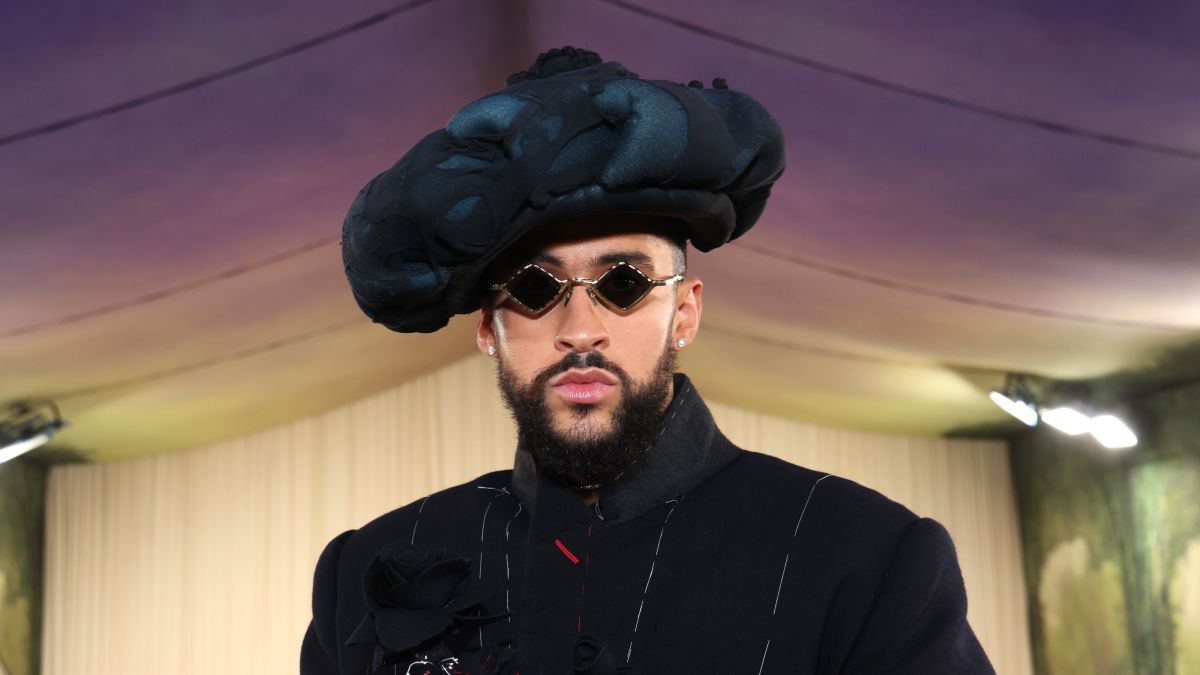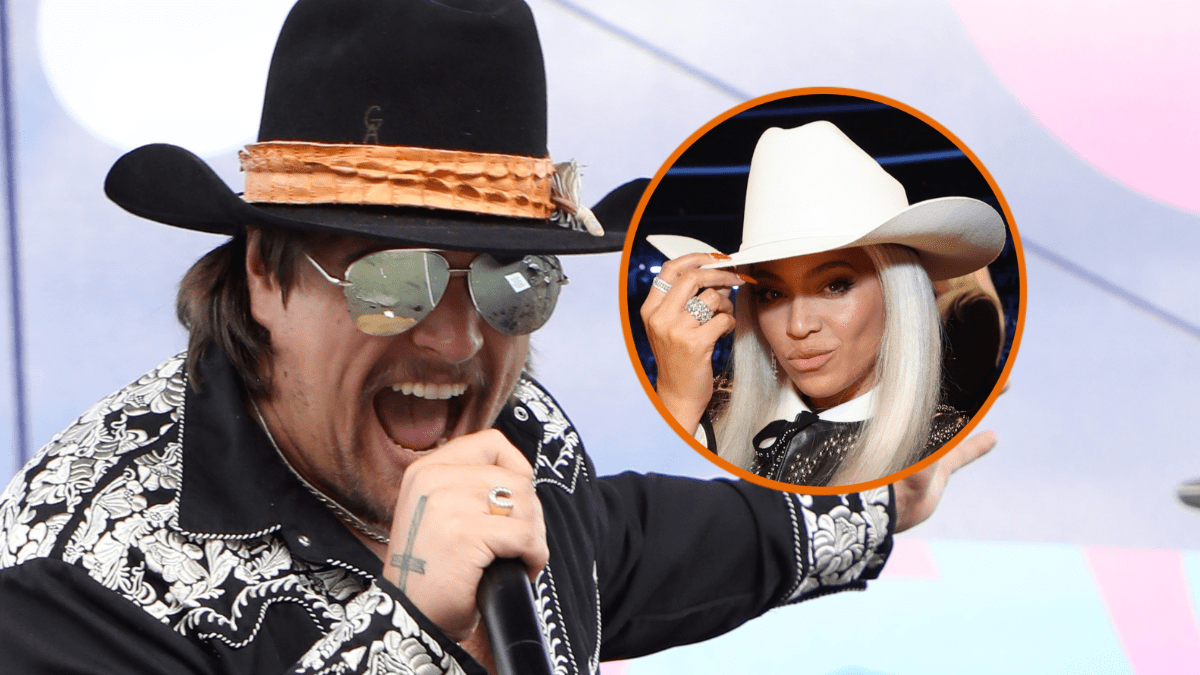We know that this will likely come as a huge shock to everyone, but it has come to our attention that Gwen Stefani is up to her cultural appropriation shenanigans yet again.
Stefani is featured in Sean Paul’s new single for “Light My Fire” alongside the Jamaican artist Shenseea, and somehow, it didn’t seem to occur to anyone that maybe the only white woman in the music video shouldn’t be wearing her hair in dreadlocks. It seems particularly egregious as backlash was almost certainly inevitable. The 52-year-old has been accused of appropriating BIPOC cultures for, well, her entire career — from wearing a bindi when she first rose to fame with No Doubt, to her cringey “Harajuku Girls” phase in the aughts and so on.
Just why dreadlocks, when literally any other hairstyle was … right there? And no, that’s not counting cornrows, which Stefani has also predictably rocked in the past.
At any rate, soon after the video went live this week, people began sounding off on Twitter to comment on the fact that our Hollaback Girl is still pulling this crap in 2022.
“No one can appropriate a culture the way Gwen Stefani does,” quipped one user, while another joked about Stefani returning “to her Jamaican roots.”
“Gwen Stefani is why Bob Marley wanted to chase dem crazy baldheads out of town,” tweeted noted wypipologist Michael Harriot, referencing Marley’s 1976 song.
Another user joked abut Stefani providing vocals to a song called “Light My Fire” while wearing some of the most flammable hair we’ve ever seen.
In a 2019 Billboard retrospective of her 2004 album Love. Angel. Music. Baby., Stefani defended her use of cultural appropriation in reference to the Harajuku Girls, specifically, claiming that she was inspired after finally traveling to Japan.
“When you’re from Anaheim and never traveled outside of your city until you’re 21 years old, it was really crazy to go to Japan,” Stefani explained. “My dad went there a lot because he worked with Yamaha motorcycles, so I had a fascination from a young age.”
“When I got there and saw how fashion-obsessed they were, I thought they were my people, because my style was so unique,” she continued. “I get a little defensive when people [call it culture appropriation], because if we didn’t allow each other to share our cultures, what would we be? You take pride in your culture and have traditions, and then you share them for new things to be created.”
It’s unclear which part of Stefani’s culture that she thinks she’s sharing, but it seems as though she’s missing the point. Taking something without express permission isn’t sharing … it’s, uh, something else entirely. Not to mention, it’s a differential that most of us learn at a young age.











Published: Jul 15, 2022 02:44 pm